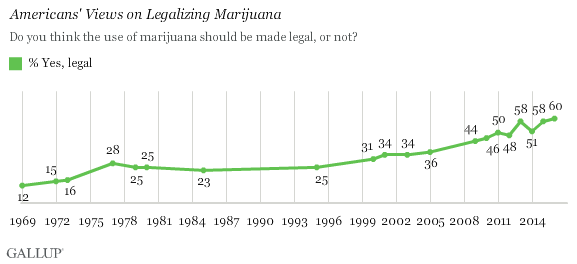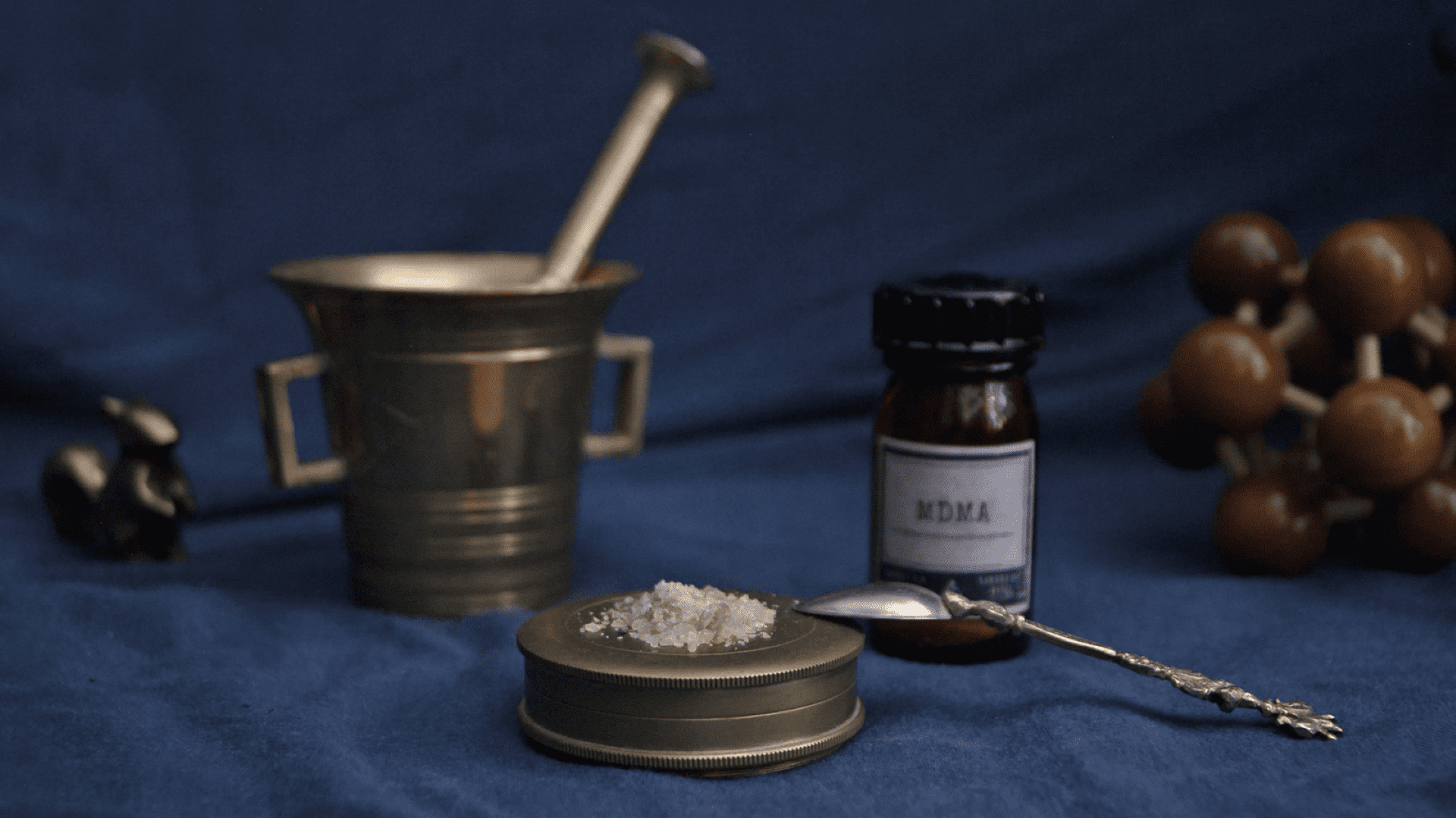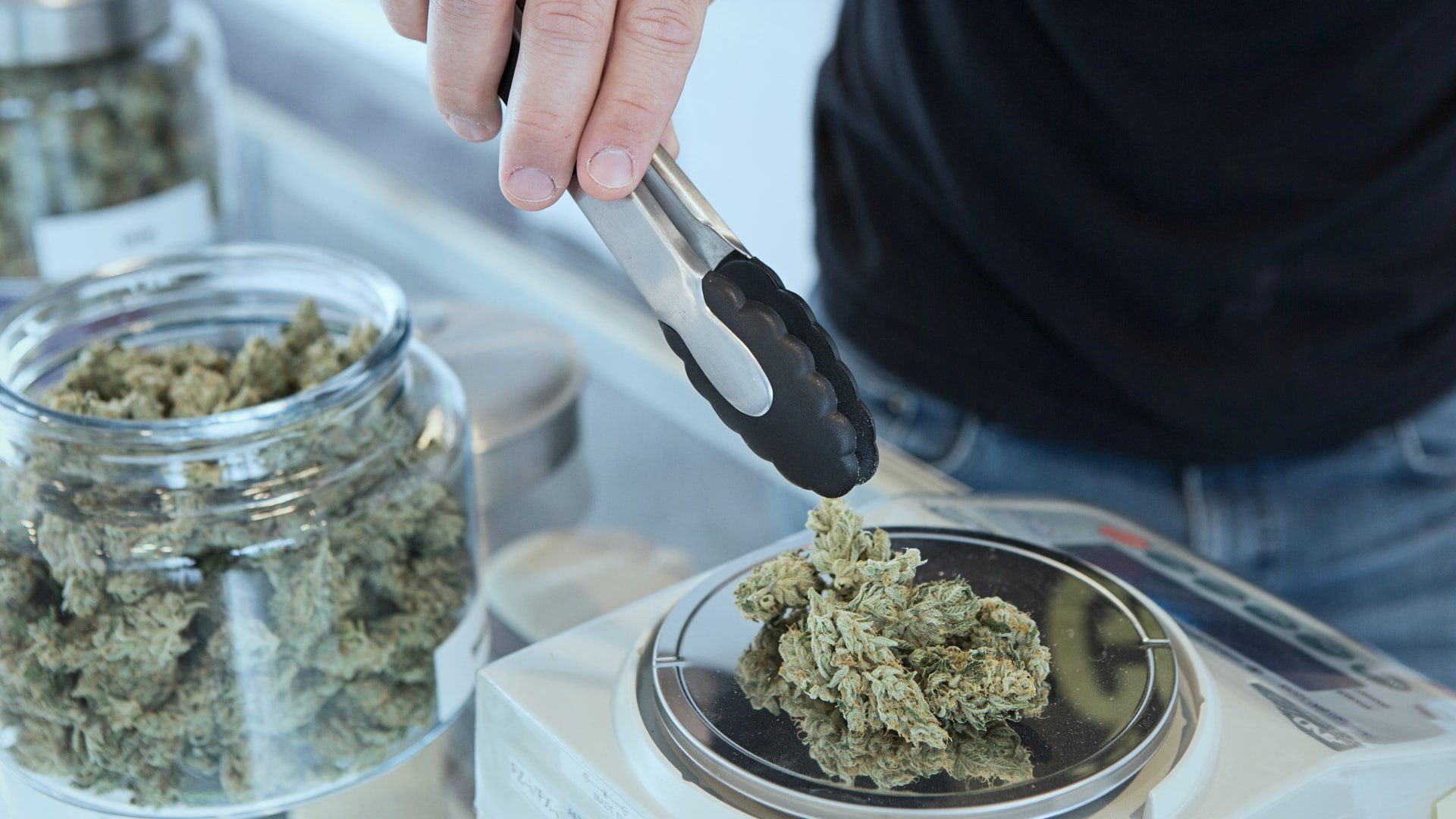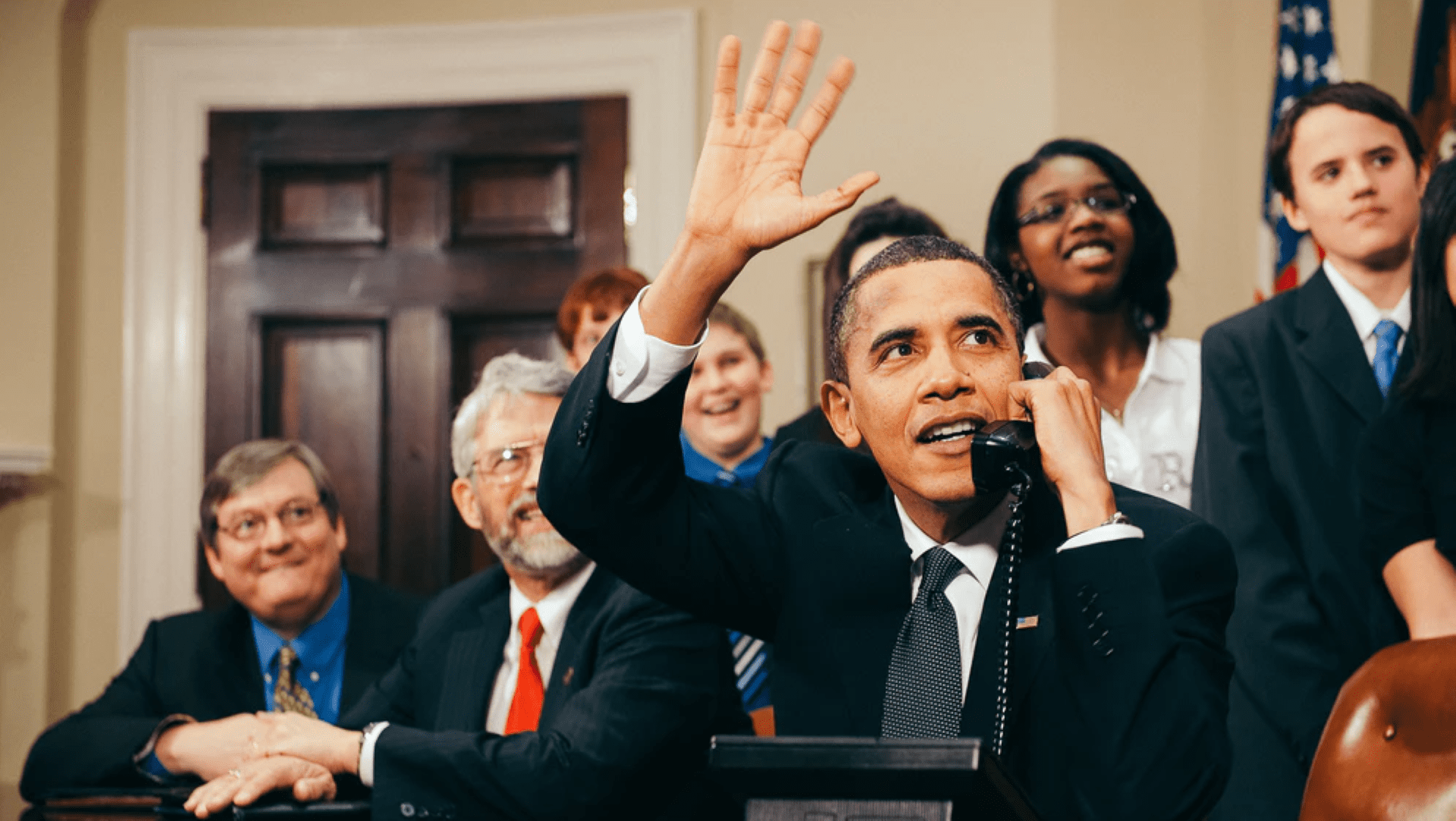Journalist Dan Baum, in an April 2016 article in Harper’s Magazine, mentions a quote he obtained in 1994 from John Erlichman, President Richard Nixon’s domestic policy advisor, in which he discussed how the war on drugs was established to disenfranchise the opponents of Nixon’s policies. The Drug War was constructed to allow the administration to disrupt black civil rights efforts and hippie anti-war movements by heavily criminalizing the drugs that they used more than other groups: marijuana by the hippies, and heroin by black communities.
These Drug War policies exploited prejudices for political gain, rather than the interest of public health and justice. This also applied to other drugs: groundbreaking research into the therapeutic applications of psychedelics was conducted all over the world in the 1950s and 60s, but came virtually to a halt in the early 1970s owing to the political backlash of the Nixonian Drug War.
The prohibition of psychoactive substances, particularly marijuana, has accrued enormous social costs. The sheer amount of time and resources dedicated by law enforcement agencies to arrest otherwise law abiding and nonviolent citizens for marijuana possession is egregious. It allocates time away from other critical policing issues such as violent crime, and has not even been successful at reducing drug use.
The ricocheting effects and repercussions of these unnecessary arrests are felt acutely by individuals, and disproportionately through minority and poor communities, who in many states lose their right to vote after a felony conviction.
The DEA suppressed medical research into psychedelics
Currently, 37 of states in the US (and D.C.) have medical or recreational marijuana legally available, and a swathe have reduced marijuana penalties. According to a 2016 Gallup poll, since 2013 the majority of American voters have been in favor of legalizing marijuana. The upswing in support for marijuana legalization started in earnest after medical marijuana was approved in California and Arizona in 1996.

As we have observed with marijuana, support for legalization follows medicalization. It is my hope that this trend will replicate with MDMA and other psychoactive substances. This hope is, in part, why I founded the Multidisciplinary Association for Psychedelic Studies (MAPS) in 1986, the year after MDMA was criminalized.
From the middle 1970s to the early 1980s, MDMA, under the codename “Adam,” had been used by therapists as a therapeutic tool for healing and personal growth in individuals and in couples therapy. In 1985, the Drug Enforcement Administration (DEA) placed MDMA in Schedule 1, indicating the substance had a high potential for abuse, and that there was no accepted medical use, making it much harder to use in research.
This decision went against the ruling of the DEA Administrative Law Judge (ALJ) who presided over the hearing for the scheduling of MDMA. The ALJ recommended MDMA be placed in Schedule 3, meaning that it had a reduced potential for abuse and had some accepted medical use.
MDMA can have many medicinal benefits
When used carefully and thoughtfully, psychedelics have incredible potential to unlock profound healing for individuals, which in turn drives social change; psychedelics, especially in therapeutic and spiritual contexts, can facilitate transformative inner awareness. Psychedelics inspire insightful and expansive states of reflection, as well as feelings of compassion, hope and a “connectedness” or “oneness” with all forms of life.
MAPS works with these non-ordinary states of consciousness in the context of clinical research to support individuals in the process of healing trauma. The efficacy of our clinical research inspires significant questions about many dominant destructive practices, such as the pharmaceutical, prison, and military industrial complexes.
MDMA medicalization could be with us soon
As a small, non-profit organization doing the drug development work of a pharmaceutical company, we rely on the generous support of individuals and foundations to fund this work, as well as the dedication of volunteers and our passionate staff. MAPS is currently awaiting FDA approval for our final phase of clinical trials evaluating MDMA-assisted psychotherapy for chronic, treatment resistant post-traumatic stress disorder (PTSD).
Should our Phase 2 data be sufficient and our projections for Phase 3 be accurate, we anticipate the approval of MDMA-assisted psychotherapy for PTSD as a legally available treatment in 2021. This would be a huge victory in the over 30-year struggle for legal availability of psychedelic-assisted therapy.
In preparation for a post-prohibition world, MAPS is training therapists and promoting harm reduction practices. We have developed a training program for therapists being considered for the Phase 3 studies, and prepared therapists for the unique experience of healing trauma with MDMA-assisted psychotherapy. We plan to expand this training after FDA approval with the goal of establishing a network of holistic psychedelic treatment centers.
We also work to create opportunities for learning and growth through the harm reduction work of the Zendo Project. The Zendo Project provides a supportive environment and specialized care designed to transform difficult psychedelic experiences in recreational settings into valuable learning opportunities offering healing and growth. In turn, harm reduction reduces the number of drug-related hospitalizations and arrests.
Psychedelics can bring us together
I believe that the social implications of MDMA-assisted psychotherapy are much broader than a treatment for those who are suffering from PTSD. MDMA and other psychedelic substances can facilitate a powerful experience characterized by connectedness and unity. Experiencing this profound unity can move our global community toward policies which will support healing generations of trauma inflicted by war, end prohibition, and allow individuals the opportunity to explore and expand their consciousness.
An article about MDMA in the July 14, 2016 issue of the scientific journal, Cell, concluded by saying, “The world’s populations need more compassion and empathy for one another. The study of MDMA provides one small but potentially important step toward reaching that goal.”
To read more about The Drug War, be sure to check out our cluster page by clicking on the button below.
This article was originally published on the Learn Liberty blog.
This piece solely expresses the opinion of the author and not necessarily the organization as a whole. Students For Liberty is committed to facilitating a broad dialogue for liberty, representing a variety of opinions.









